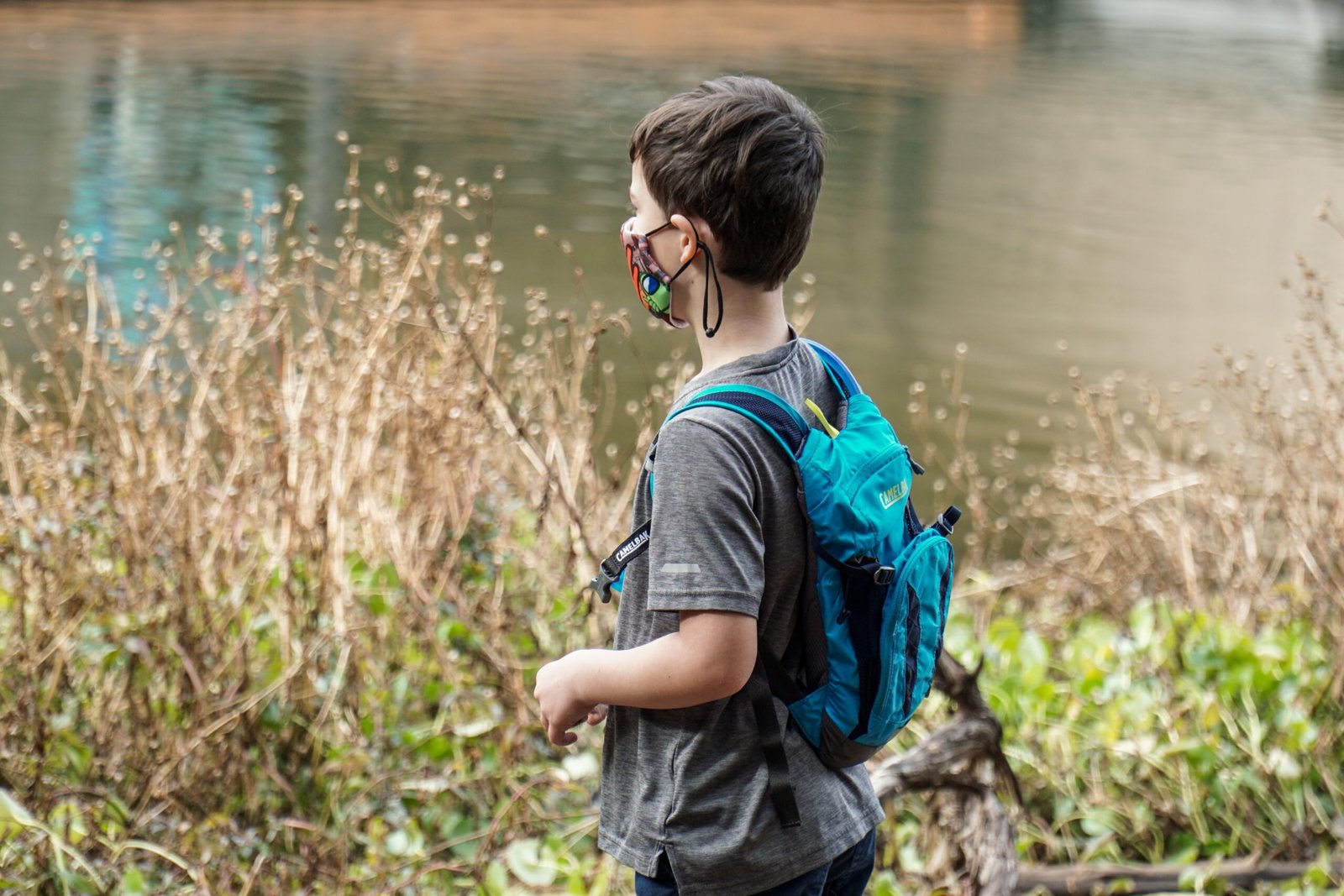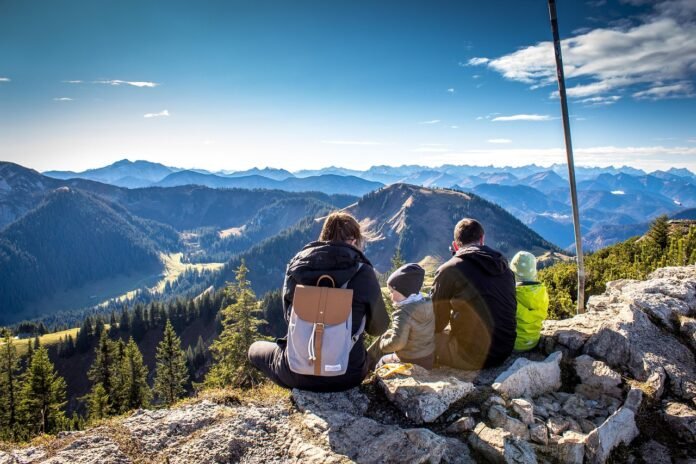In today’s fast-paced, technology-driven world, it is becoming increasingly important to provide students with opportunities to learn beyond the confines of a traditional classroom. Outdoor education offers a unique and valuable way to engage students in hands-on learning experiences that foster a deeper understanding of the world around them. By taking lessons beyond the four walls, students can develop important skills, connect with nature, and cultivate a sense of stewardship for the environment.
Hands-On Learning
Outdoor education provides students with the opportunity to engage in hands-on learning experiences that cannot be replicated in a classroom setting. Whether it’s conducting scientific experiments in a natural environment, learning survival skills, or exploring local ecosystems, these experiences allow students to apply theoretical knowledge to real-world situations. By actively participating in their own learning, students are more likely to retain information and develop a deeper understanding of the subject matter.
Connecting with Nature
Spending time in nature has been shown to have numerous benefits for mental and physical well-being. Outdoor education provides students with the chance to disconnect from technology and immerse themselves in the natural world. Whether it’s hiking through a forest, kayaking on a river, or camping under the stars, these experiences allow students to develop a greater appreciation for the beauty and complexity of the natural environment. Connecting with nature not only enhances students’ understanding of ecological concepts but also fosters a sense of wonder and curiosity.
Cultivating Stewardship
By taking lessons beyond the four walls, outdoor education can play a crucial role in cultivating a sense of stewardship for the environment. When students have the opportunity to explore and learn in natural settings, they develop a deeper understanding of the impact of human activities on the environment. This firsthand experience can inspire students to become advocates for environmental conservation and sustainability. By instilling a sense of responsibility and stewardship, outdoor education empowers students to make informed decisions and take action to protect our planet.
Enhancing Social Skills
Outdoor education also provides students with opportunities to develop and enhance their social skills. Collaborative activities such as team-building exercises, group projects, and outdoor challenges require students to communicate effectively, solve problems together, and work as a team. These experiences promote cooperation, empathy, and leadership skills, which are essential for success in both personal and professional life. Outdoor education offers a supportive and inclusive environment where students can learn from one another and develop lifelong friendships.
Conclusion
Outdoor education offers a valuable way to take lessons beyond the four walls of a traditional classroom. By providing students with hands-on learning experiences, opportunities to connect with nature, and a sense of stewardship for the environment, outdoor education fosters a deeper understanding of the world around them. Additionally, it enhances social skills, promotes teamwork, and cultivates a sense of wonder and curiosity. It is crucial for educators to recognize the importance of outdoor education and incorporate it into their curriculum to provide students with a well-rounded education that prepares them for the challenges of the future.











